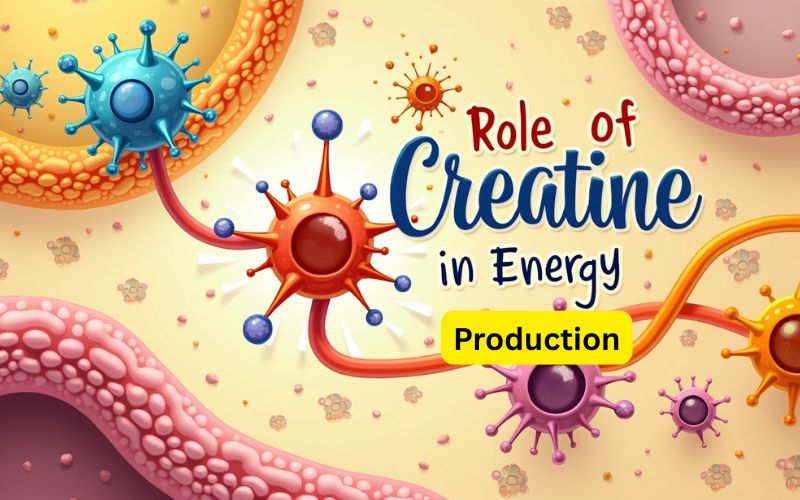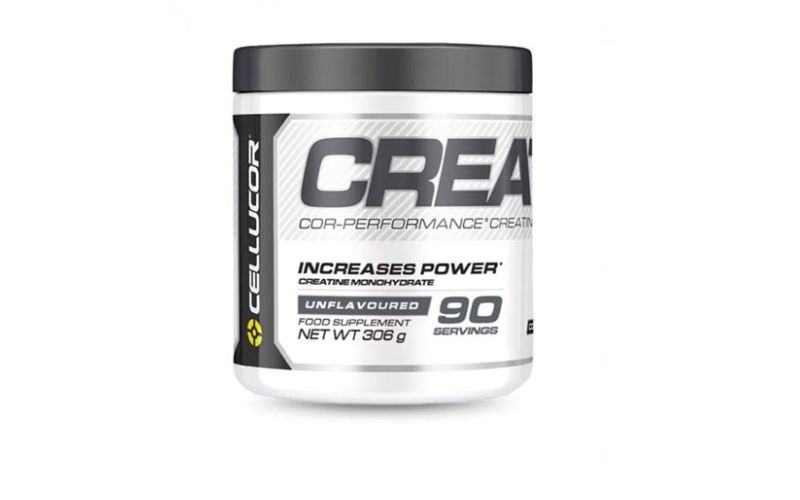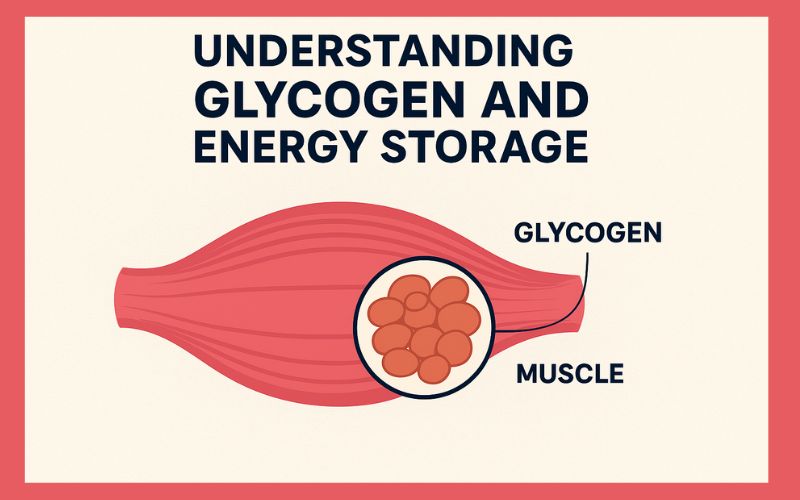Energy is the foundation of performance. Whether you’re sprinting, lifting heavy, or performing high-intensity workouts, your muscles demand quick energy. While carbohydrates and fats provide fuel, it’s ATP (adenosine triphosphate) that powers every contraction. The problem? ATP reserves run out quickly. That’s where creatine comes in — a natural compound that plays a critical role in regenerating ATP and sustaining energy production.
Table of Contents
The Science of Energy Production in the Body
Your body’s primary energy currency is ATP. Every time your muscles contract, ATP is broken down into ADP (adenosine diphosphate), releasing energy. However, ATP stores are limited and can only fuel a few seconds of high-intensity effort. Without quick replenishment, performance drops, and fatigue sets in.
Athletes often turn to recovery and stamina boosters found in the Strength & Endurance supplements category to ensure energy demands are consistently met.
Unlock your body’s full energy potential — discover the power of creatine and boost your performance today!
Role of Creatine in the ATP Cycle
Creatine is stored in muscles as phosphocreatine. During high-intensity exercise, it donates a phosphate group to ADP, rapidly regenerating ATP. This process allows athletes to sustain short bursts of power, such as sprinting or heavy lifting, before fatigue sets in.
This unique ability makes creatine one of the most researched and effective ergogenic aids available. To explore authentic options, check out the Creatine Monohydrate Price in Pakistan range.
Benefits of Creatine for Energy & Performance
Creatine supplementation doesn’t just boost strength; it directly enhances energy production. Key benefits include:
- Explosive Power: Supports ATP regeneration for sprints and lifts.
- Faster Recovery: Helps muscles recharge between sets.
- Increased Training Volume: Enables longer, more effective workouts.
- Synergy with Protein: Enhances muscle growth when paired with protein intake.
For athletes focusing on muscle repair and power, combining creatine with whey protein can accelerate recovery and strength development.
Creatine Sources: Food vs Supplements
While small amounts of creatine are found in foods like red meat and fish, dietary intake is limited. To reach performance-enhancing levels, supplementation is far more effective.
One of the most trusted options is Creatine Monohydrate 250g, a pure and concentrated form widely used by athletes for consistent energy output.
Best Time & Ways to Take Creatine for Energy
Creatine can be consumed in different ways, but timing plays a role in maximizing results:
- Loading Phase: 20g/day split into 4 servings for 5–7 days (optional).
- Maintenance Phase: 3–5g/day consistently.
- Timing: Post-workout with whey protein or carbs enhances uptake.
For guidance on optimizing supplementation timing, see our blog on the Best Time to Take Whey Protein, which applies well when combining protein with creatine.
Common Myths & Mistakes About Creatine
Creatine is one of the most misunderstood supplements. Some common misconceptions include:
- “Creatine is a steroid” → False. It’s a natural compound found in foods and produced in the body.
- “Creatine causes kidney damage” → False. Safe when taken in recommended doses.
- Mistake: Not hydrating properly, which can reduce effectiveness.
- Mistake: Buying uncertified or low-quality powders.
To avoid risks, follow expert tips shared in our authenticity guide for supplements.
Expert Tips for Athletes Using Creatine
To maximize energy production and performance, experts recommend:
- Stack Creatine with BCAAs: Endurance athletes can benefit from BCAA supplements to reduce fatigue.
- Pair with Omega-3s: Using omega-3 supplements supports recovery and joint health.
- Stay Consistent: Creatine works best when taken daily, not just on training days.
Conclusion
Creatine is not just another supplement — it’s a core player in the body’s energy production system. By fueling ATP regeneration, it powers explosive movements, delays fatigue, and enhances recovery. For athletes, runners, and gym-goers in 2025, creatine remains one of the most effective, science-backed tools for boosting performance.
To unlock its full benefits, explore authentic creatine supplements and pair them with a balanced nutrition plan for long-term strength and energy gains.



























